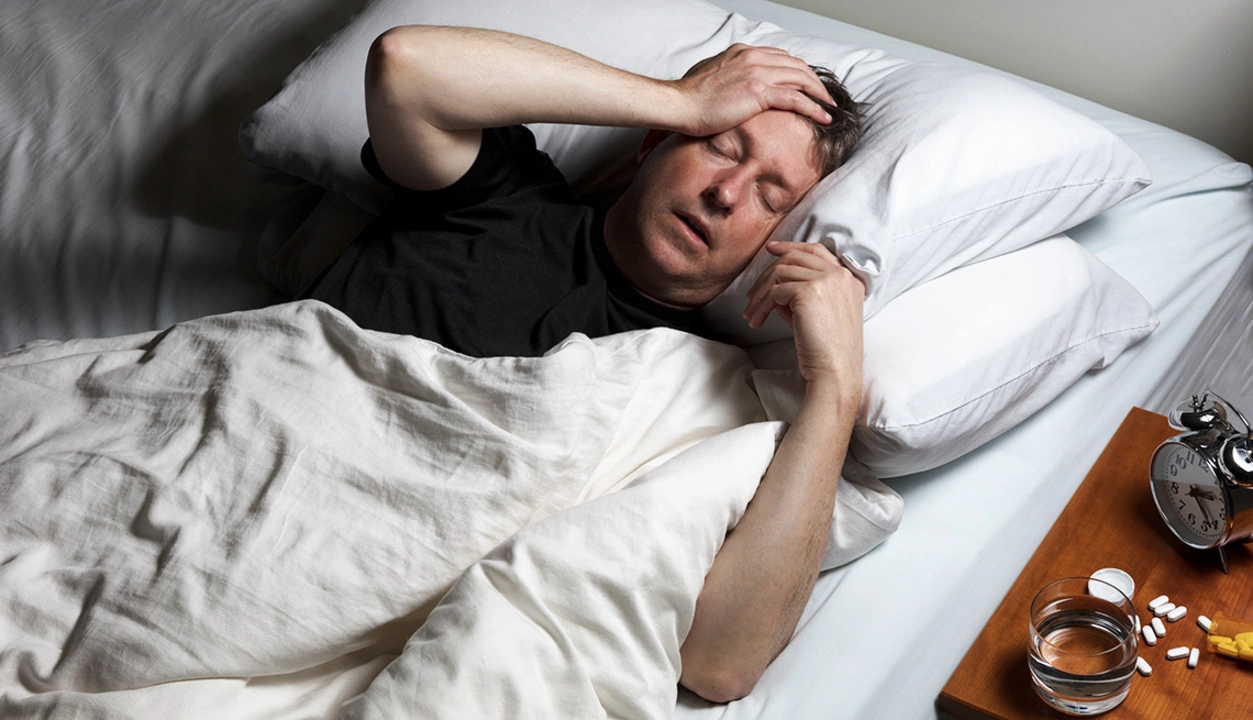Sleep Tips & Resources You Can Use Right Now
If you’re scrolling at 2 a.m. wondering why you can’t fall asleep, you’re not alone. Most people struggle with sleep at some point, and the good news is that small changes can make a big difference. Below are easy‑to‑apply habits, quick fixes for restless nights, and pointers on when medication might help.
Everyday Habits That Actually Work
First, set a regular bedtime window. Going to sleep within the same two‑hour span each night trains your body’s internal clock. Even weekends count – a 30‑minute swing won’t ruin it, but large swings can.
Second, dim the lights an hour before bed. Blue light from phones and laptops tells your brain it’s still daytime. Switch to a lamp with a warm bulb or use a screen‑filter app; you’ll notice you feel drowsier faster.
Third, watch what you drink after dinner. Caffeine can linger for up to eight hours, so skip coffee, soda, and even strong tea after 3 p.m. If you need a nightcap, choose herbal chamomile or warm milk – both have mild sleep‑promoting effects.
Lastly, keep the bedroom cool (around 65°F/18°C) and reserve it for sleep only. Working or eating in bed blurs the mental link between your room and relaxation, making it harder to wind down.
When Simple Changes Aren’t Enough
Sometimes lifestyle tweaks won’t cut it, especially if you have chronic insomnia or a medical condition affecting sleep. In those cases, talking to a healthcare professional is the safest route.
Prescription options like zolpidem (Ambien) or eszopiclone (Lunesta) are designed for short‑term use and can jump‑start your sleep cycle. Over‑the‑counter choices such as diphenhydramine (found in many nighttime allergy pills) work for occasional sleeplessness but may cause grogginess the next day.
Our site includes detailed guides on common sleep medications, their dosages, side effects, and how to use them responsibly. Look for articles tagged “sleep” to learn about melatonin supplements, antihistamines, and newer options like suvorexant (Belsomra).
If you suspect an underlying health issue – such as restless leg syndrome, sleep apnea, or anxiety – a doctor can order tests or refer you to a specialist. Treating the root cause often restores natural sleep better than any pill.
Remember, good sleep isn’t just about the hours you log; it’s about quality too. Aim for 7‑9 solid hours, wake up feeling refreshed, and keep a simple bedtime routine. Over time these habits become second nature, and you’ll spend less time tossing and more time dreaming.
Need more specific advice? Browse our collection of sleep‑related articles, from “How Melatonin Can Help You Reset” to “When to See a Sleep Doctor.” Each post is written in plain language so you can make informed choices without wading through medical jargon.
Doxylamine and Sleep for People with Chronic Pain
I recently came across an interesting topic about the use of Doxylamine for people suffering from chronic pain. Doxylamine is an antihistamine that helps improve sleep quality, which is often disrupted by chronic pain. By taking this medication, patients can expect to sleep better and feel more refreshed the next day. I think this is a promising option for those who struggle with sleep due to their chronic pain. It's definitely worth discussing with your healthcare provider if you are experiencing sleep disturbances related to chronic pain.
More
